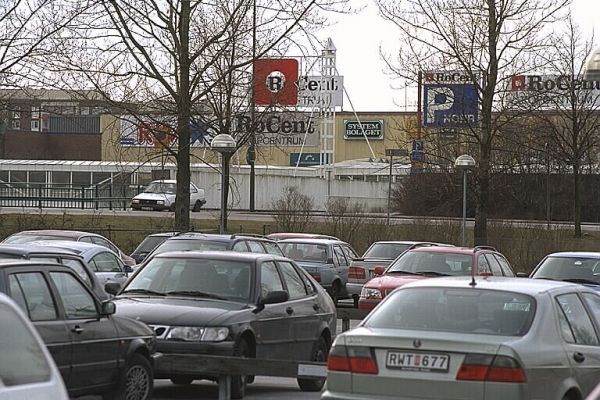What would happen if all petrol and diesel-powered vehicles were removed from a smaller European city? Up to 4% of all premature deaths could be prevented, according to a new study from Lund University in Sweden. The researchers used Malmö, Sweden, as a case study to calculate the health costs of inner city traffic.
What would happen if all petrol and diesel-powered vehicles were removed from a smaller European city? Up to 4% of all premature deaths could be prevented, according to a new study from Lund University in Sweden. The researchers used Malmö, Sweden, as a case study to calculate the health costs of inner city traffic.
Every year, over 400,000 people in Europe die prematurely due to air pollution - and there is clear evidence that the mortality rate is higher among people living in areas with more polluted air.
Malmö, Sweden, with a population of 320 000, generally stays below the recommended EU threshold for small particles and nitrogen oxides annually. Despite this, the health benefits of removing exhaust fumes from the city would be significant.
“Decreased pollution would prevent 55–93 premature deaths (2–4% of all cases) each year, 21 new cases of childhood asthma (6% of all cases), 95 cases of childhood bronchitis (10% of all cases), 30 hospitalisations for respiratory diseases, 87 dementia cases (4% of all cases) and 11 cases of pregnant women with preeclampsia (11% of all cases)”, explains Ebba Malmqvist, researcher at the Department of Occupational and Environmental Medicine at Lund University.
Read more at Lund University
Image Credit: Bengt A. Lundberg via Wikimedia Commons




